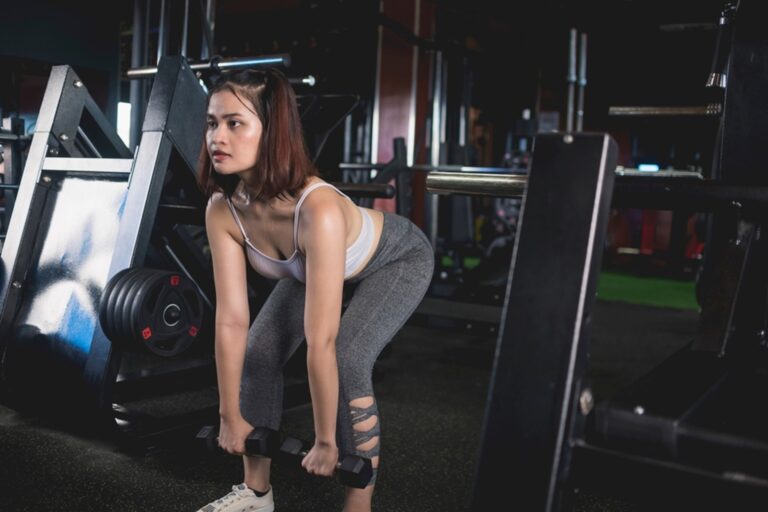
image of fitness ( by annatodica on canva)
What are the 10 components of fitness?

- Muscular Strength:
- The amount of physical force your muscles can exert or how much weight you can lift.
- Measured by estimating a person’s one-repetition maximum weight (one rep max) within a specific lift.
- Programs focused on improving muscular strength involve working sets based on a percentage of this metric.
- Muscular Endurance:
- The ability of a muscle group to engage repetitively over an extended period.
- Measures a muscle group’s “gas tank” – how many repetitions can be performed within a specific exercise without failure or fatigue.
- Cardiovascular Endurance:
- The ability to sustain physical activity for extended periods with an elevated heart rate.
- Enhances overall cardiovascular health and stamina.
- Body Fat Composition:
- The ratio of body fat to total body mass.
- Influences overall health, aesthetics, and athletic performance.

- Balance and Coordination:
- Balance: The ability to remain upright and demonstrate control over your body.
- Coordination: The ability to control body movements efficiently and with dexterity.

- Speed or Quickness:
- The ability to move all or part of the body as rapidly as possible.
- Essential for sports performance and daily activities.
- Flexibility:
- The ability to stretch muscles without causing injury.
- Improves joint range of motion and reduces stiffness.
- Agility:
- The capacity to perform rapid whole-body movements with changes in velocity or direction in response to stimuli.
- Crucial for sports, dance, and everyday agility.
- Power:
- Combines strength and speed during movement.
- Measured by the force generated in a specific motion.
- Reaction Time:
- The speed at which one can respond to a stimulus.
- Important in sports, driving, and other activities requiring quick reactions.




Thanks for sharing. I read many of your blog posts, cool, your blog is very good.